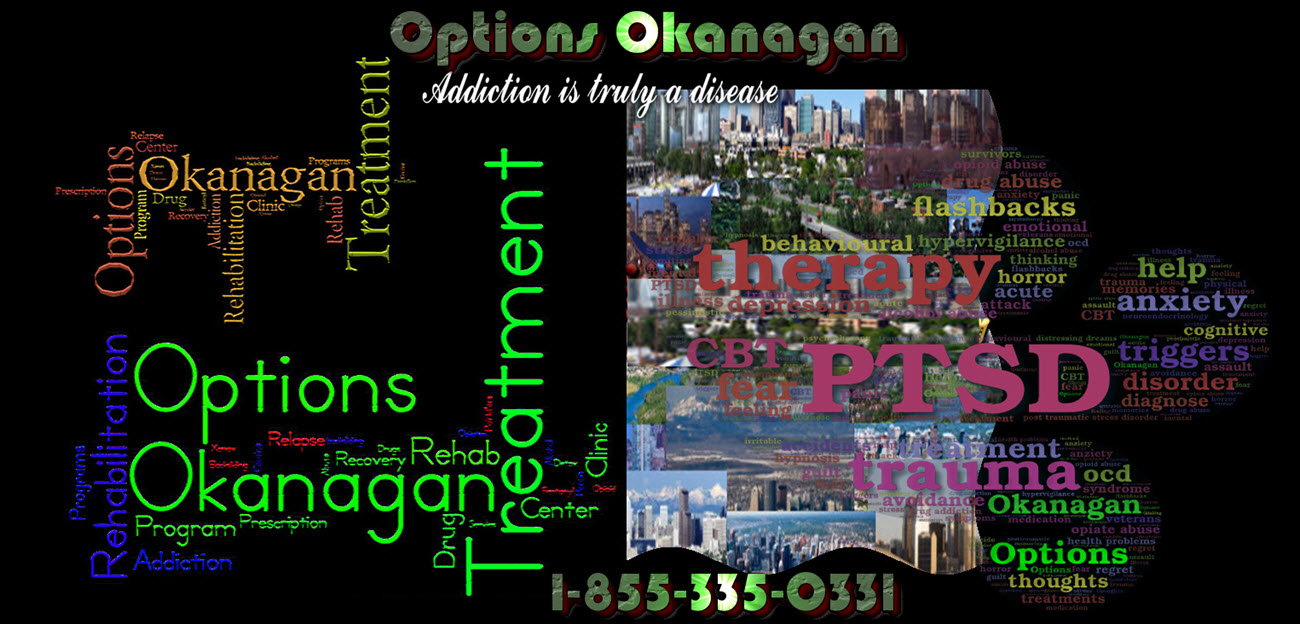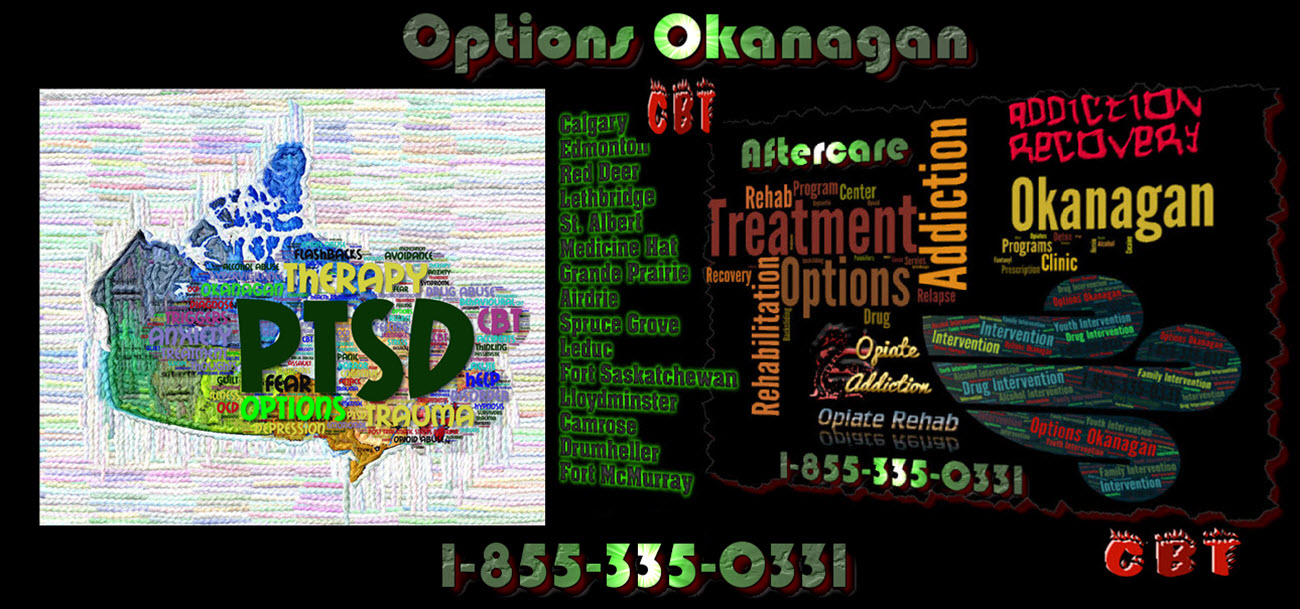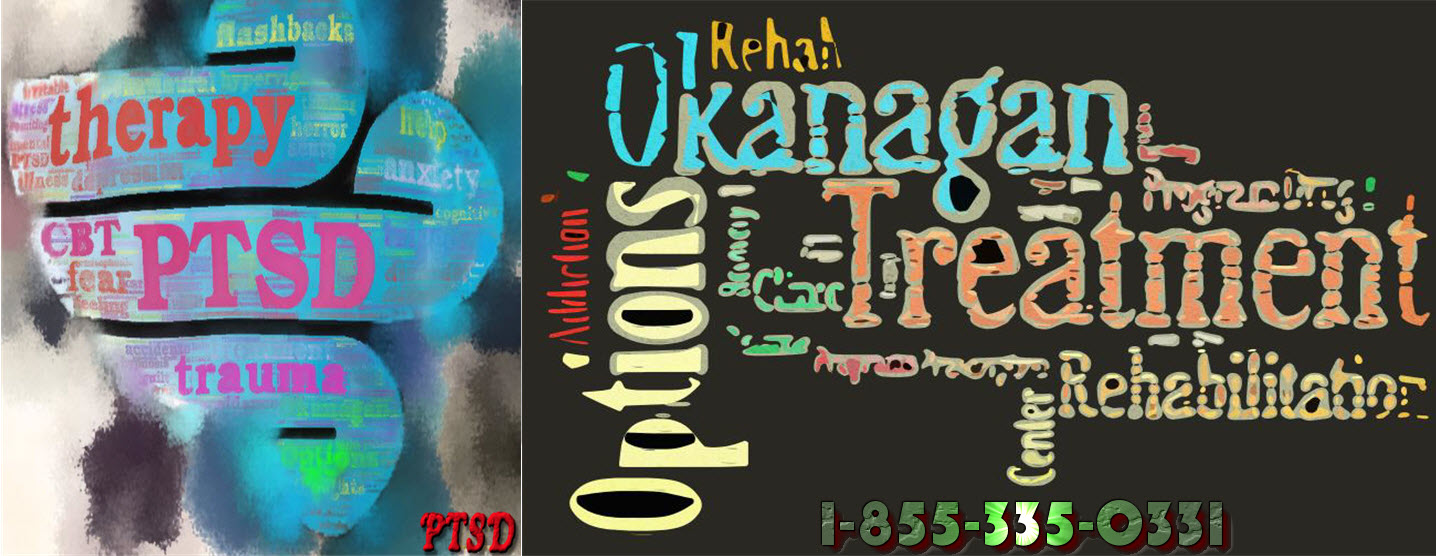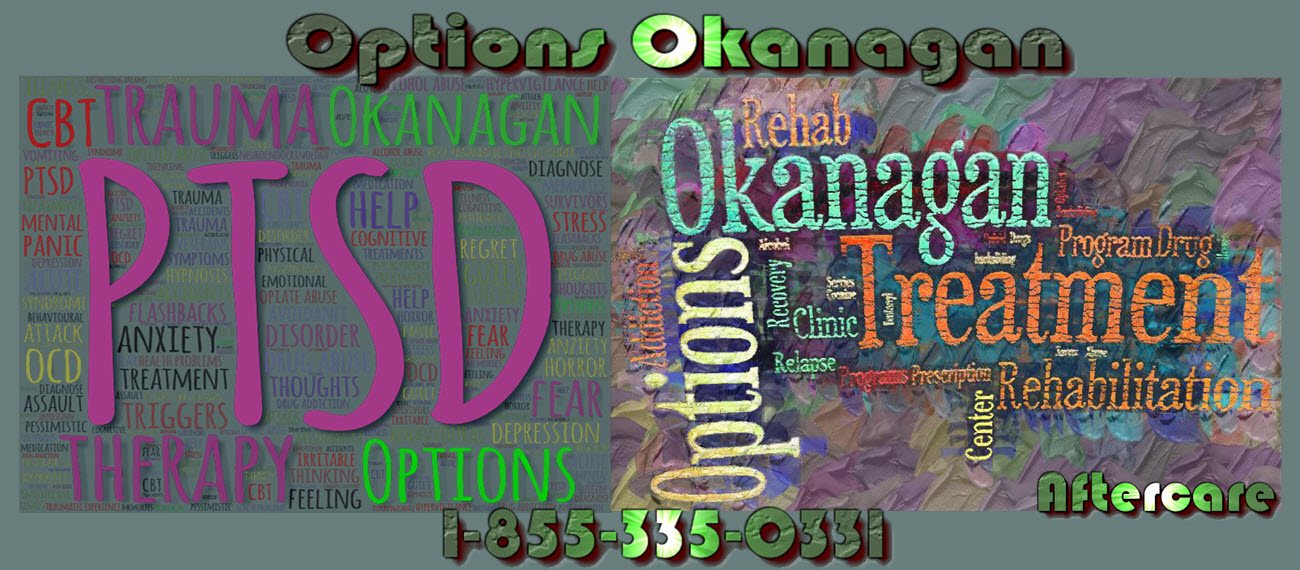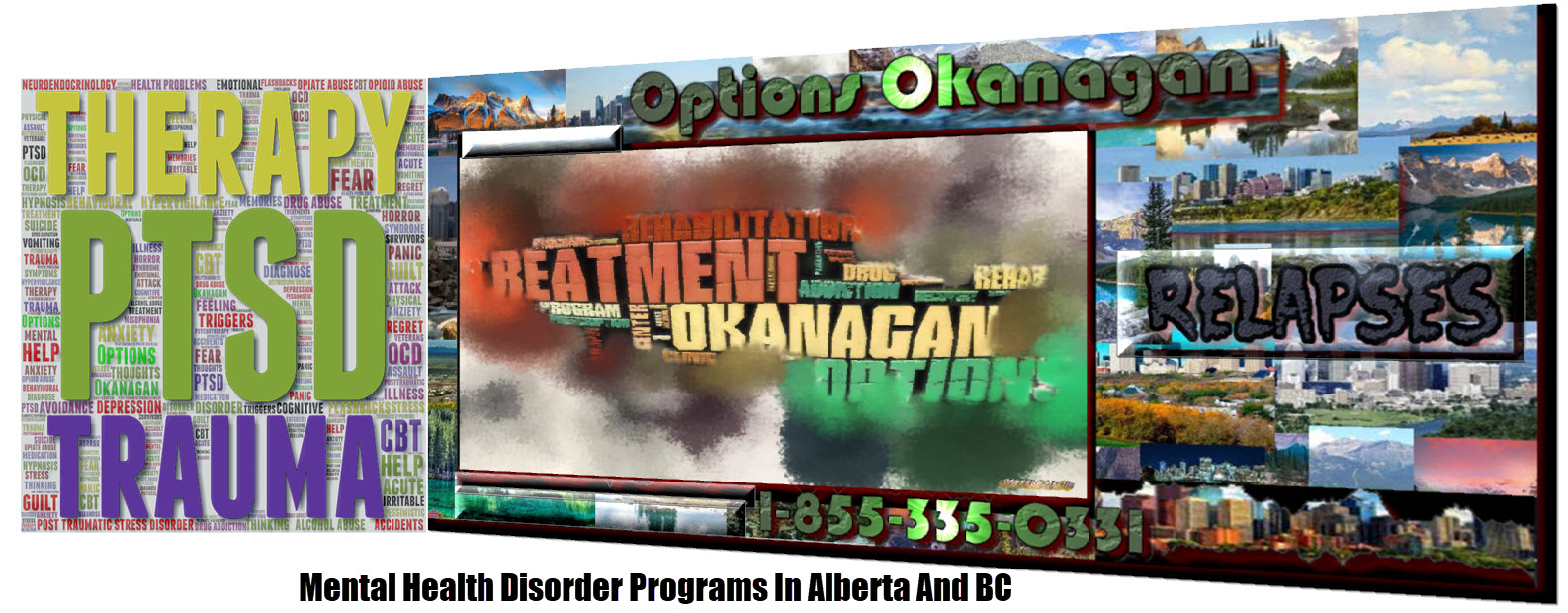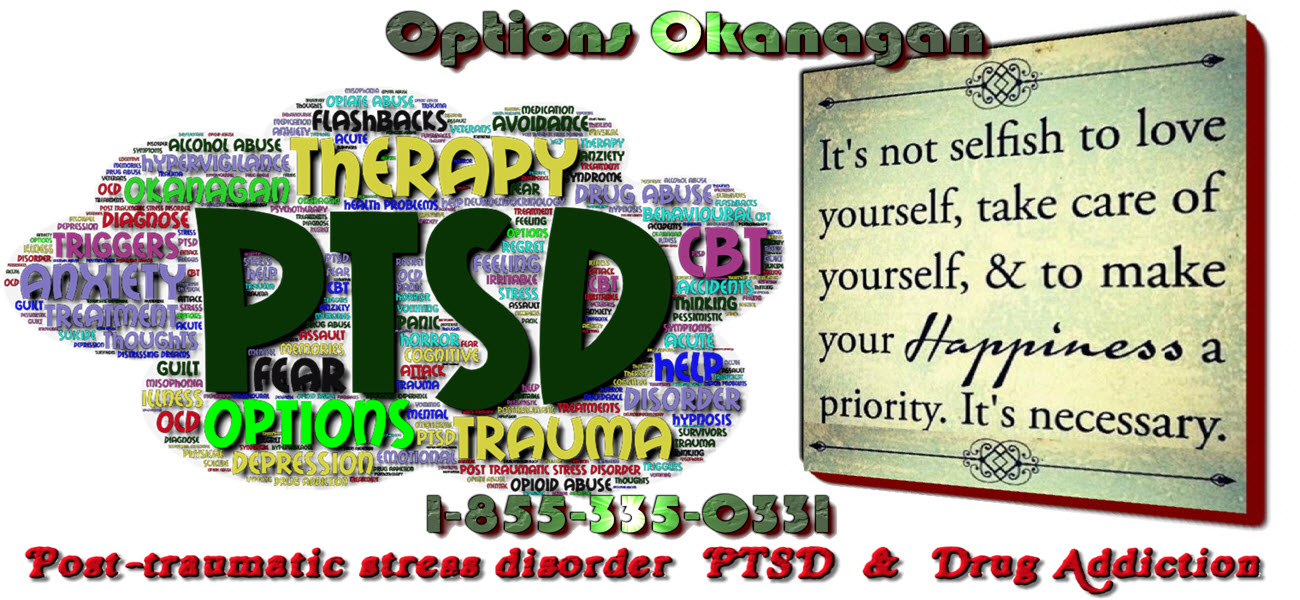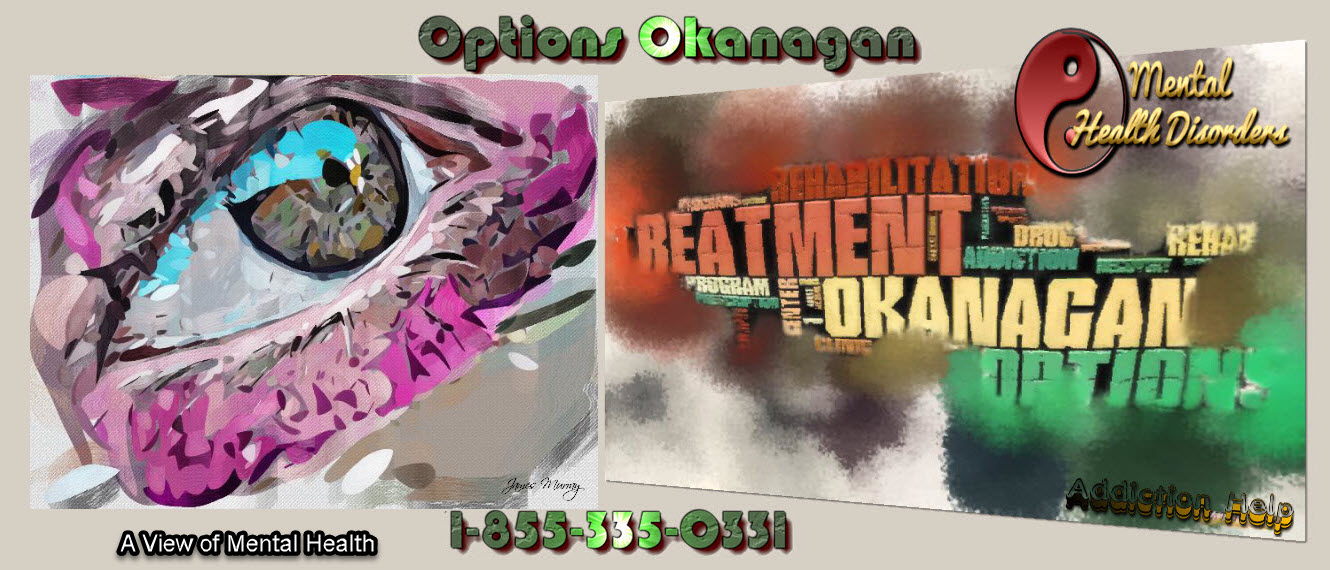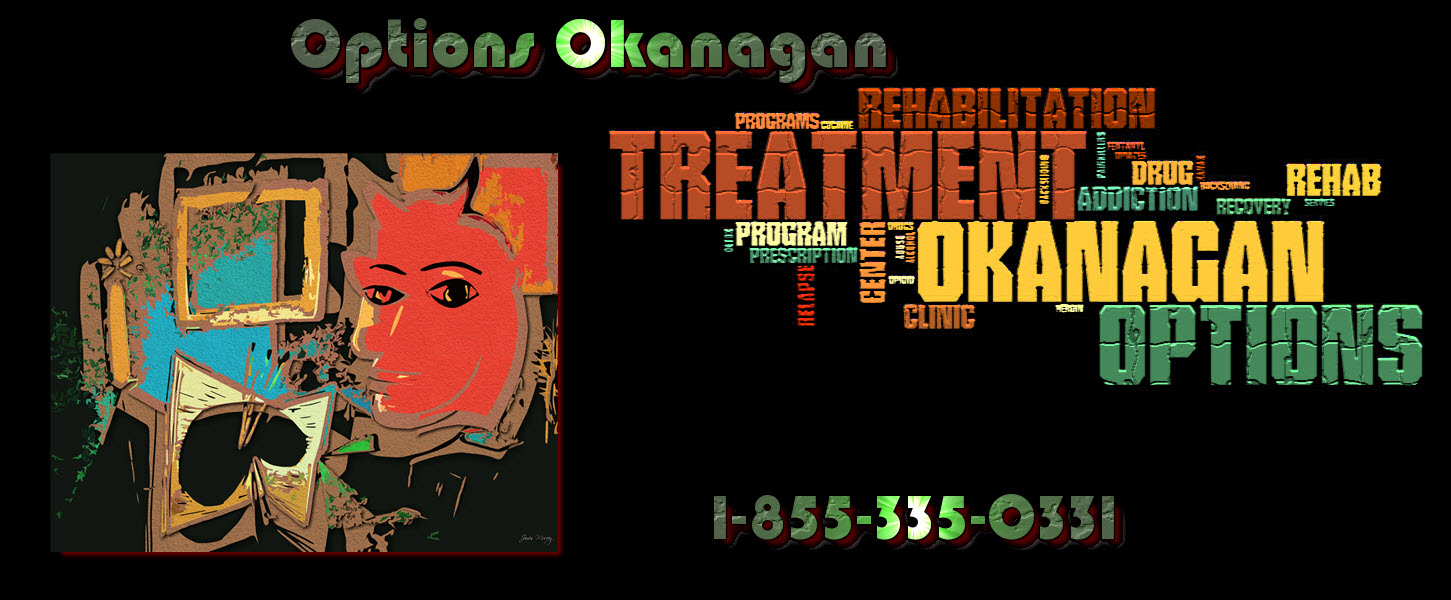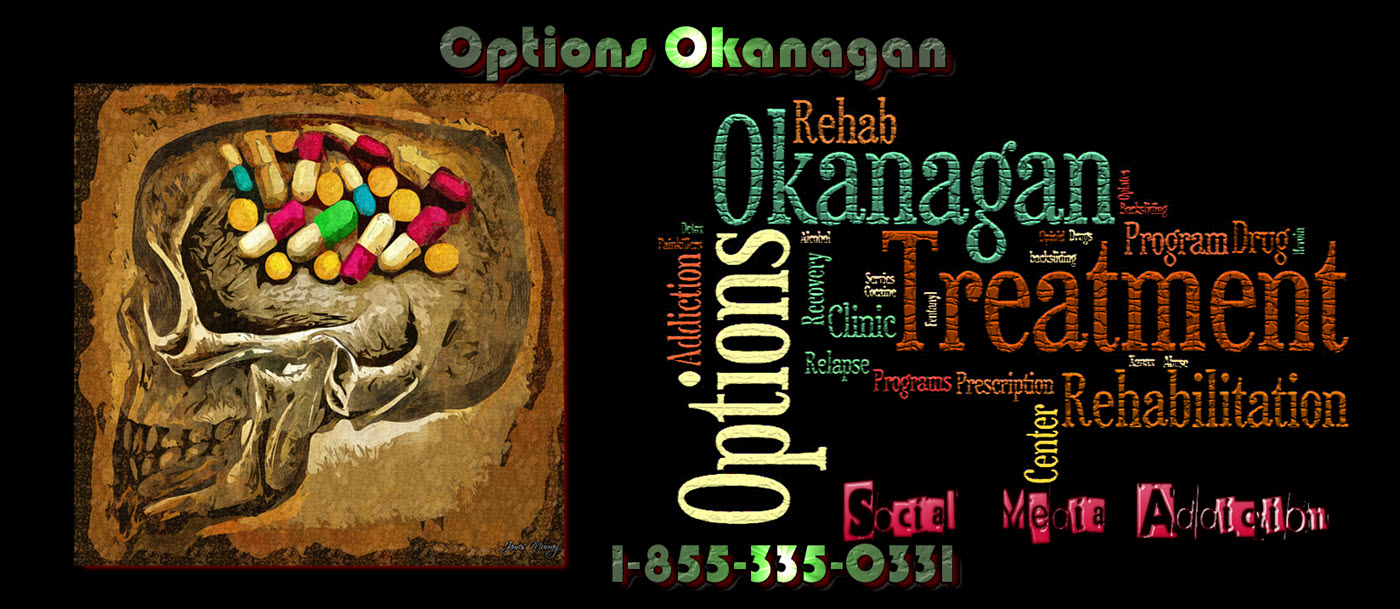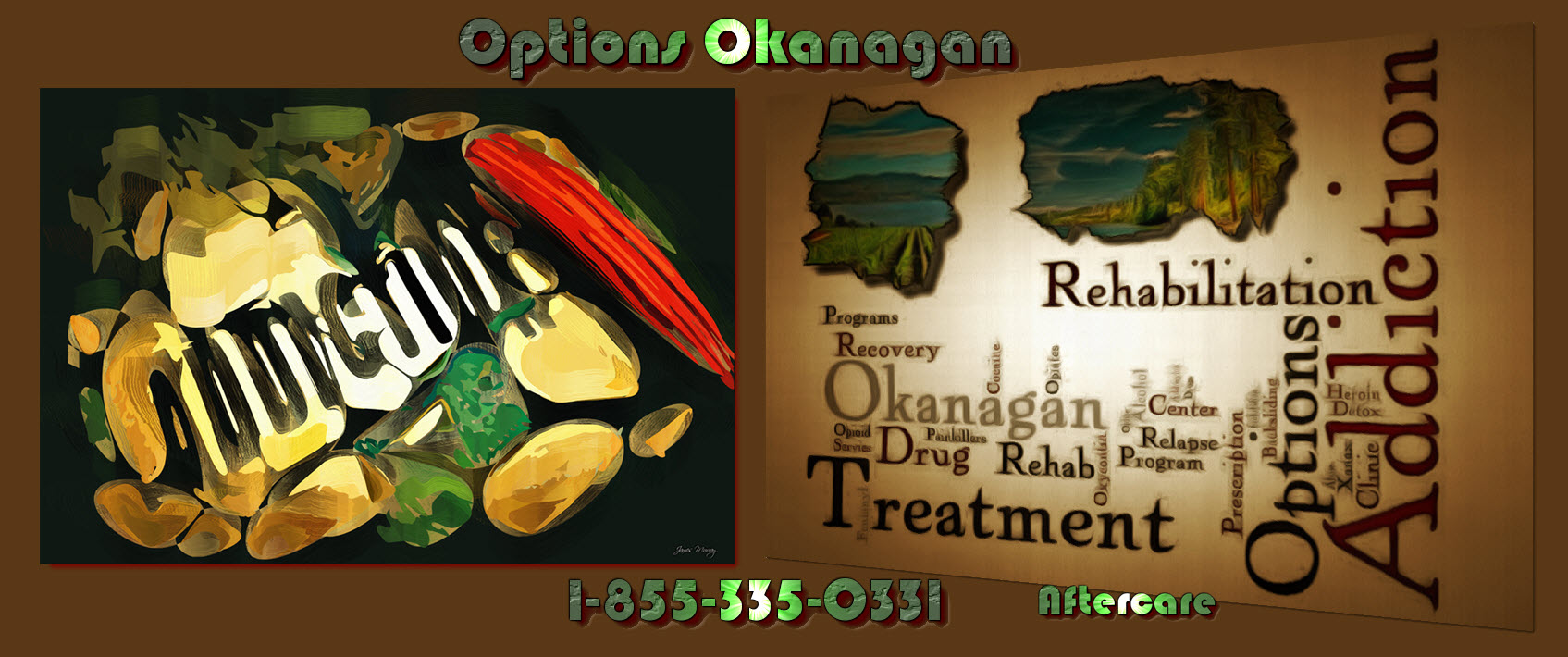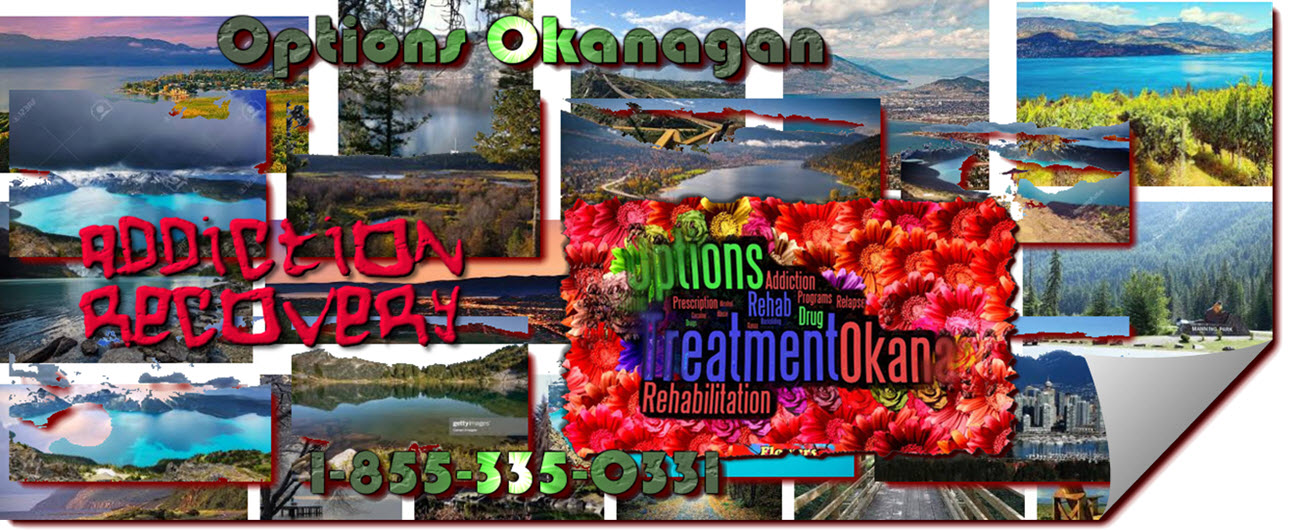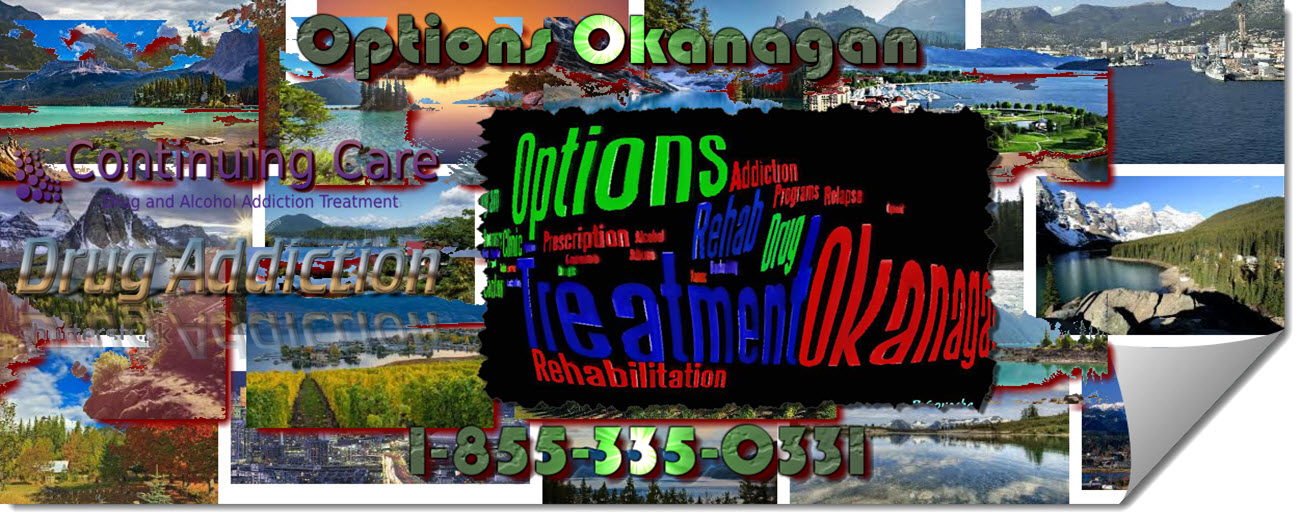Steps focusing on addiction recovery for optimal mental health. Mental health disorders and Drug rehab programs in Alberta and British Columbia – Options Treatment Center in Kelowna, British Columbia treating drug, opiate, fentanyl, heroin, and alcohol addiction and recovery.
Drug Rehabs In Alberta And BC
Concentrate on individuals
The focus of recovery must be on the person or persons, not on the treatment process. The way people with mental health disorders are treated continues to change. Over the centuries, because of a desire to develop more reliable and effective treatments, partly because of a desire to develop more reliable and effective care, most psychiatric professionals do not focus on the patient’s process, the changes an individual has experienced during treatment, and treatment-related improvements. Instead, the general point for most doctors is the treatment process itself, whether one treatment is more effective than another, or whether certain therapies can really work for all patients.
It is good that mental illness is now seen from the perspective of the person concerned, not from the perspective of the technical characteristics of treatment or therapy.
People have a different picture of mental health disorders. Therefore, they need an individual form of recovery care that is limited to human preferences, unique characteristics such as resilience, strengths, weaknesses, cultural background, and experience.
Mental Health Disorder Programs In Alberta And BC
Focus on communities
It must be based on peer support, and this support is very valuable in the recovery process. When an individual knows that there are others who also have difficulties achieving the state of well-being they want to achieve. This will help patients to know that there are people who care and want to see them return to their lives again healed and also share in their suffering with them.
There must be mental health groups that inform patients about mental health disorders and the reality of their illness. It also provides the mutual support needed to acquire skills and knowledge about mental health disorders, which are important factors for improvement.
Focusing on mental health problems
This must be targeted, meaning instructions given by mental health providers, and patients must be prepared during the initial recovery period. The patient determines the recovery and healing time frame, while the psychiatrist sets the direction.
It does not have to be linear, which means that this perspective maintains the belief that the recovery process is both an objective and a process. This is not an ordinary step-by-step process by achieving different levels. In restoring mental health, someone who has overcome some of the symptoms of their mental disorder may still be bothered by the recurrence of these exact same symptoms again. The truth is that this type of treatment is a trial and error process that will have development promise and common setback mistakes.
A holistic approach which means that the concept of holism must be fully integrated into the recovery process. Recovery from psychiatric disorders does not only cover specific and different problems such as the biological or psychosocial aspects of the disorder. On the contrary, it greatly influences the person. Therefore, recovery must focus on the small and also big issues associated with mental health disorders.
However, the recovery process must be strengthened by hope, coupled with motivation and a desire to get rid of mental illness. This can only be achieved if all the individual factors align, which means that the individual’s perspective and the direction in which they are going, support from external groups such as family and peers and the right attitude.
Options Okanagan Opiate and Alcohol Treatment Centers in Kelowna, Salmon Arm and Vancouver, British Columbia – Men and Women are recovering and healing from Alcohol and Drug Abuse at our treatment center here in the Okanagan right now.
Our unique and distinctive Opiate Drug and Alcohol treatment program allow men and women to come in from Calgary as well as Edmonton as we offer airport pickup.
Numerous clients come to us from Vancouver, Calgary, and Edmonton and other locations in Alberta and even other provinces for Opiate addiction treatment, heroin drug treatment, many other drugs, and alcohol addictions for rehabilitation because of the uniqueness of our treatment center.
Our (Kelowna) Alcohol and Drug Treatment Program Location:
(Not Mailing Address) – Contact Us – Web Page
For Mail Delivery :: Please contact each center for correct mailing addresses, also this location is the location of our residential treatment programs in Kelowna. Please call Toll Free 1-855-335-0331 – to contact the treatment center you are going to for the address and directions.
Options Okanagan Drug and Opiate Treatment Center
551 Sherrydale Crescent, Kelowna, British Columbia, V1V 2E6
Toll-Free Phone Number: 1-855-335-0331

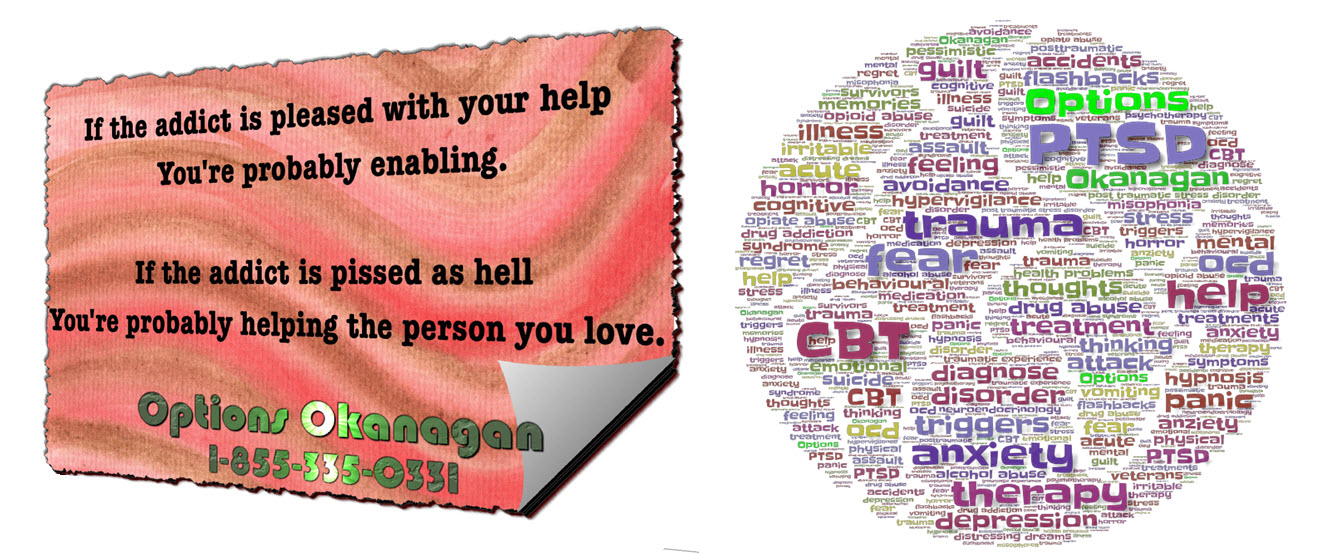
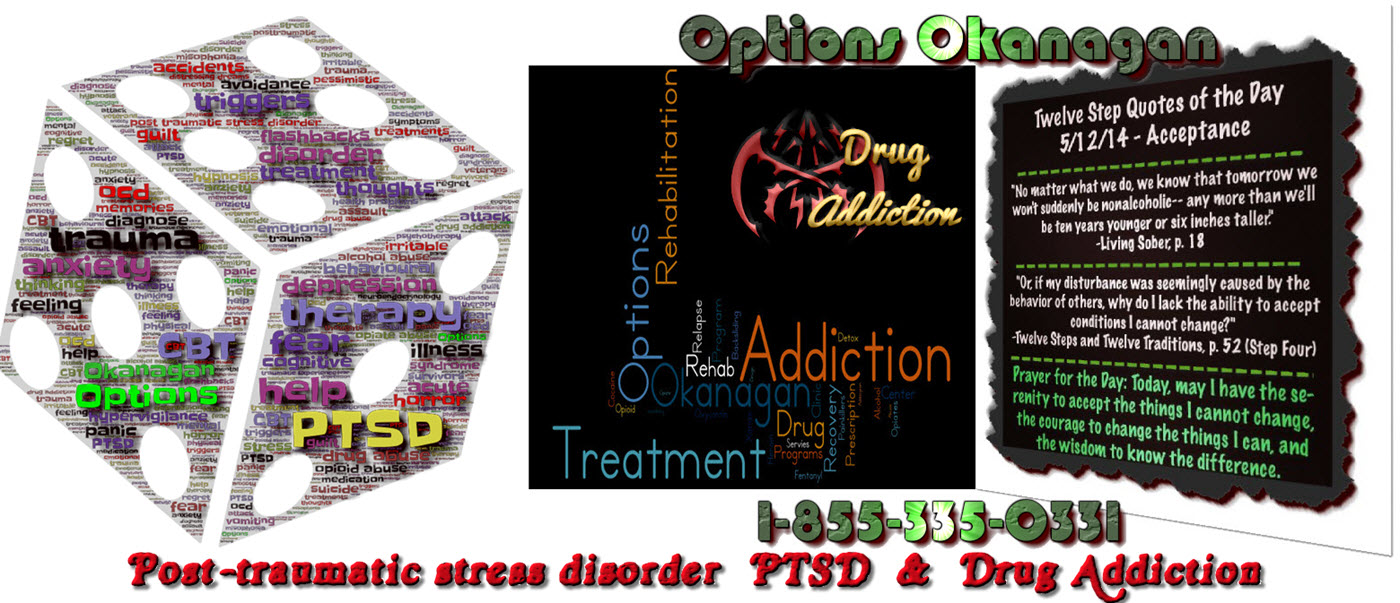



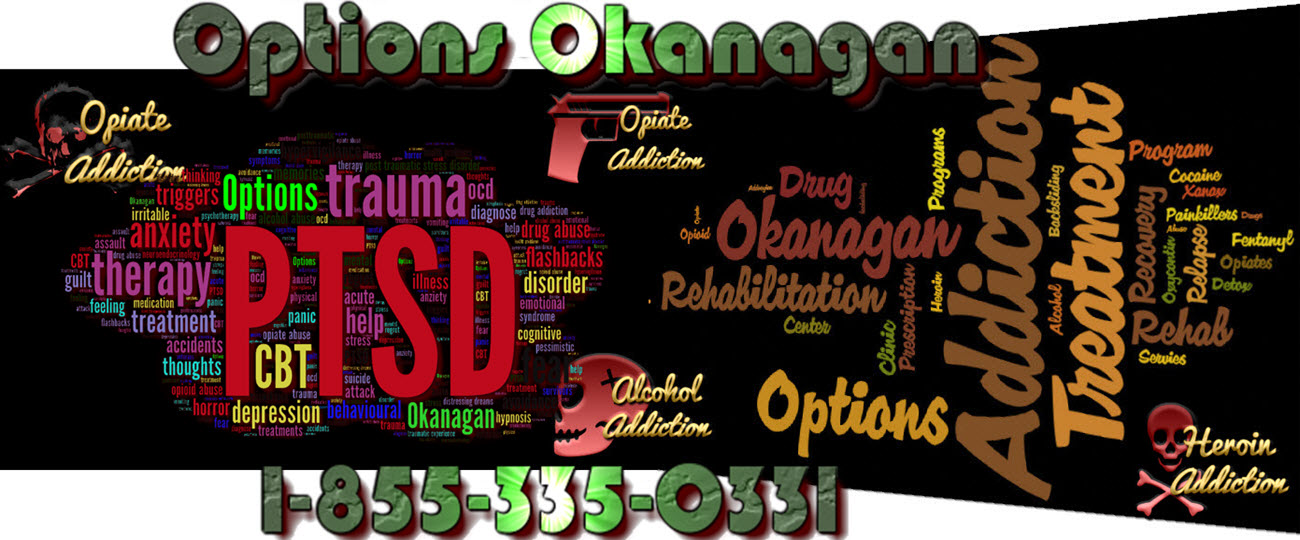
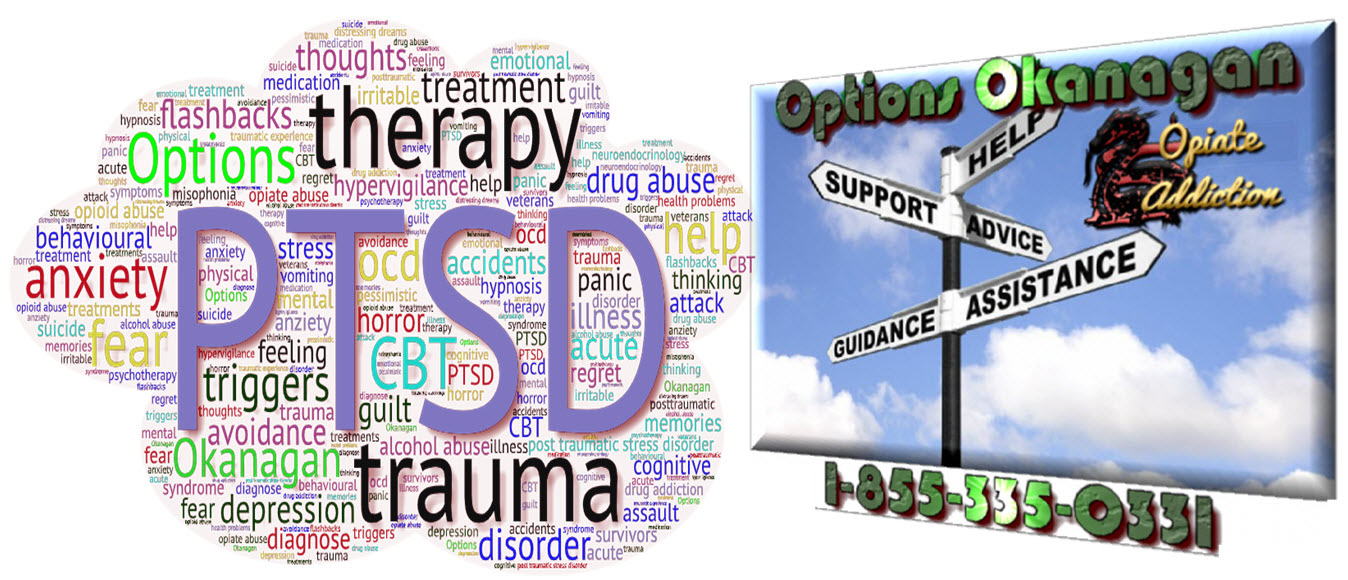
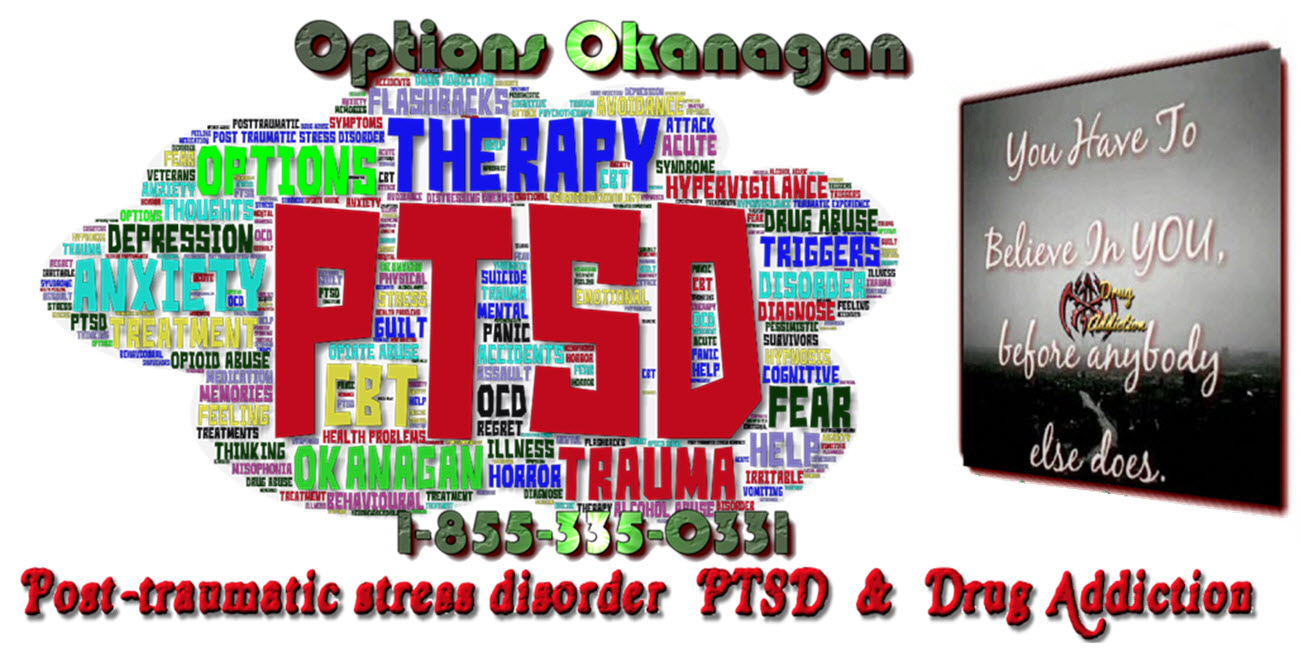
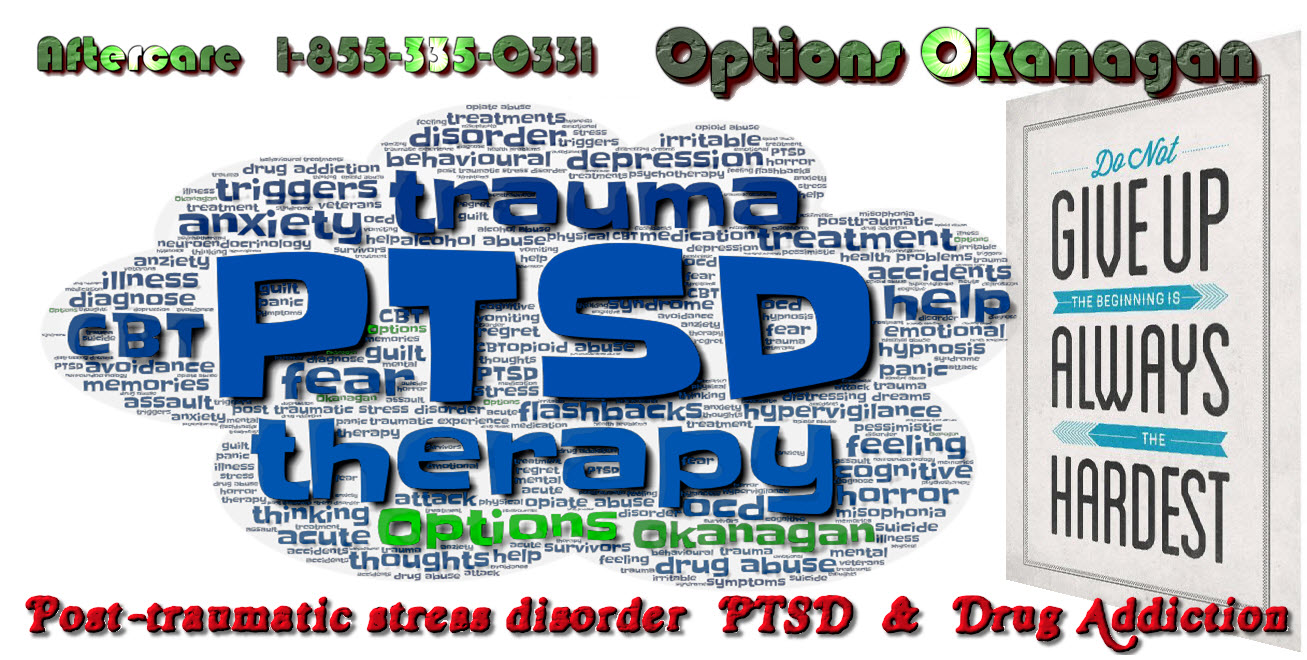
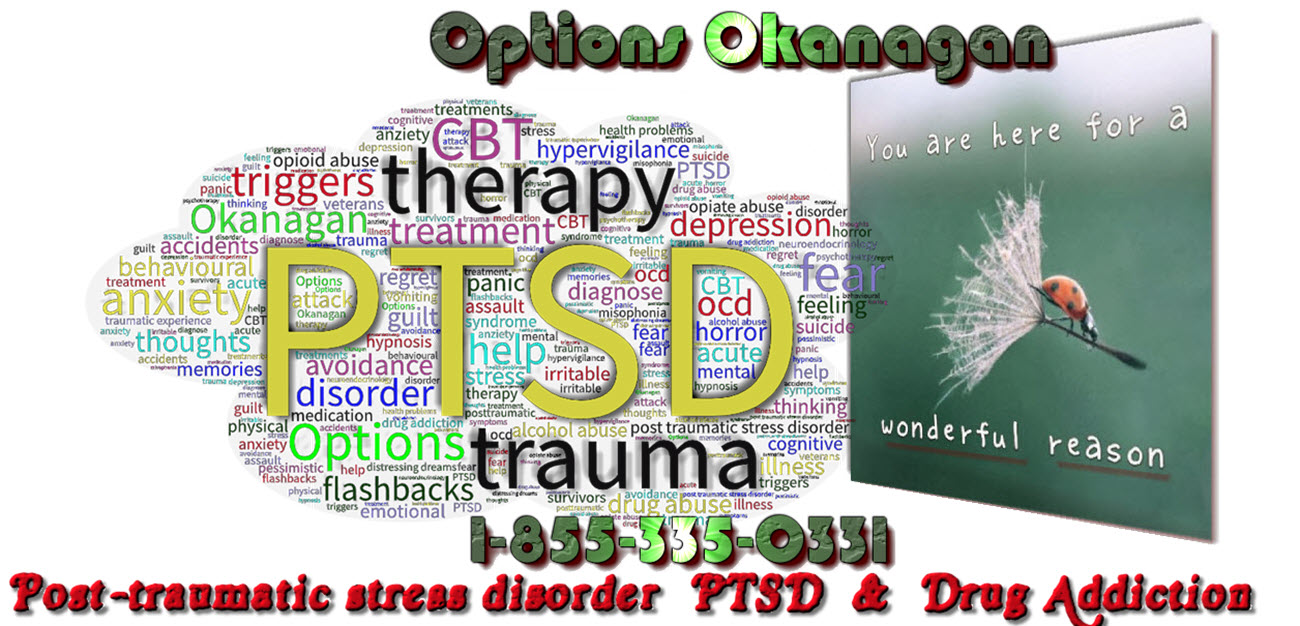
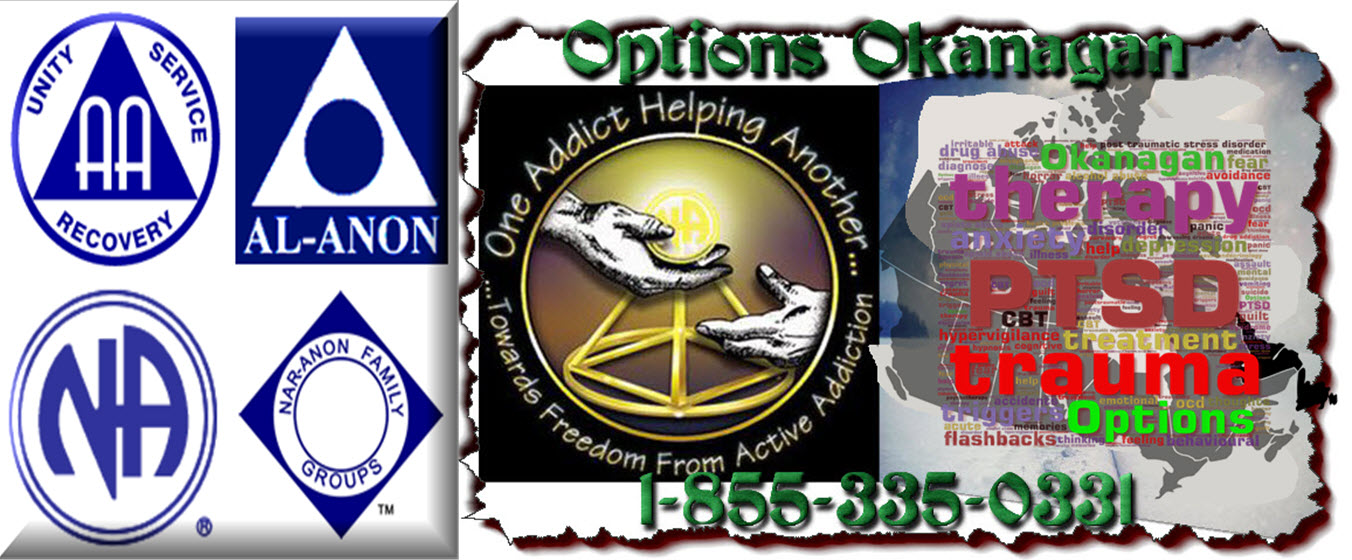


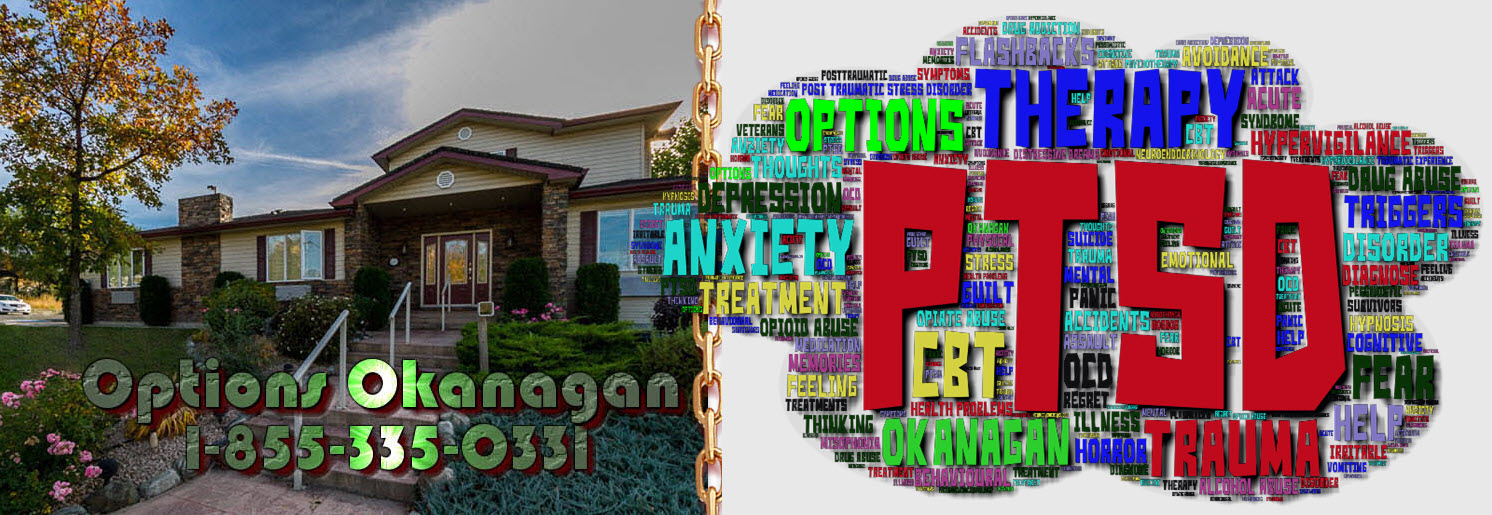
 and Trauma Rehab Centers in Alberta and BC - Options Okanagan.jpg)
 and Trauma Treatment - Mental Health Disorder Programst in Alberta and BC - Options Okanagan.jpg)
